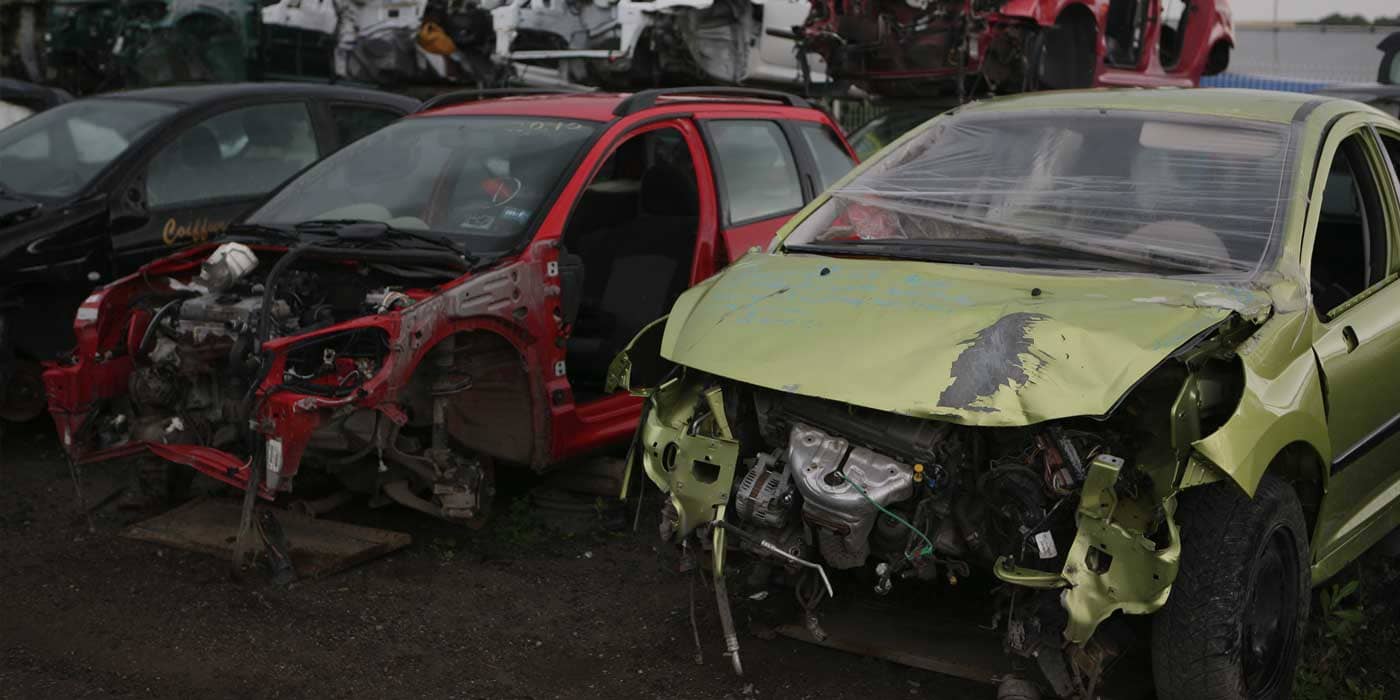UK car loans are classified into two main categories: unsecured and secured. Most loans are unsecured, which means the money is borrowed without submitting any security or collateral against the loan. A secured car loan is offered against a security, which could be the car itself or another valuable asset. If the customer does not repay the loan, the lender will assume ownership of the asset provided as security.
If you are planning on scrapping a vehicle on finance, you will still have to settle the outstanding finance or there may be legal consequences. You could apply for a voluntary termination. It depends on the terms and duration of your finance agreement. If you are upside down and owe more than what the vehicle is worth and have a final bill or voluntary termination balance you could include that in a debt solution such as an IVA or debt management plan. Contact us today to discuss the best options and fill out the form.
⏱ Get A Free No Obligation Debt Assessment:
Please fill out this form and we will get in touch with you shortly.
The main reason to choose an unsecured loan is that you do not place a valuable asset like your home at risk. Since the home is used as collateral for a mortgage, many people do not want to use it as collateral for additional debt. However, unsecured loans usually have higher interest rates and are subject to lower limits. Terms and rates vary by applicant, so the advertised rate may not be the one offered.
A secured car loan term typically ranges from 36 to 72 months
The longer the term, the more interest must be paid, so keeping the loan term short reduces this expense. A down payment must be made when purchasing the vehicle and the secured loan is used to cover the remaining cost. The interest rate on a secured loan is usually cheaper than dealership financing and an unsecured loan.
Secured loans are available for new or used car purchases. Though this type of loan is secured by an asset, the credit score of the borrower is considered. Car buyers with good credit scores may qualify for lower interest rates for secured car loans. Those with poor scores may find themselves paying quite a bit for a secured loan. Some car buyers will only qualify for loans available to people with bad credit, which tends to be very expensive.
If you purchased a car with a secured car loan and provided the car as security, the lender has the right to repossess the vehicle
If you provided your home as security, the lender may make a claim against proceeds from the sale of the house. In some cases, you will not be required to sell your home immediately. However, when you do, the car lender will be paid before you receive profits from the sale of this property.
Scrapping the car is not a good decision because a reputable scrap company will not accept the vehicle. The company will require that customers make certain warranties, which typically include verification that the vehicle is not subject to undisclosed finance. The customer must also claim full ownership of the vehicle and right to transfer this and full unencumbered legal title to the car.
Merely disclosing existing finance associated with the vehicle to a scrap company does not get a customer off the hook. The individual remains liable to the finance company until the credit agreement is legally terminated. The scrap company will not accept liability regarding this financing.
Therefore, it is best to contact a professional immediately to arrange a debt management plan and resume repaying the car loan.

